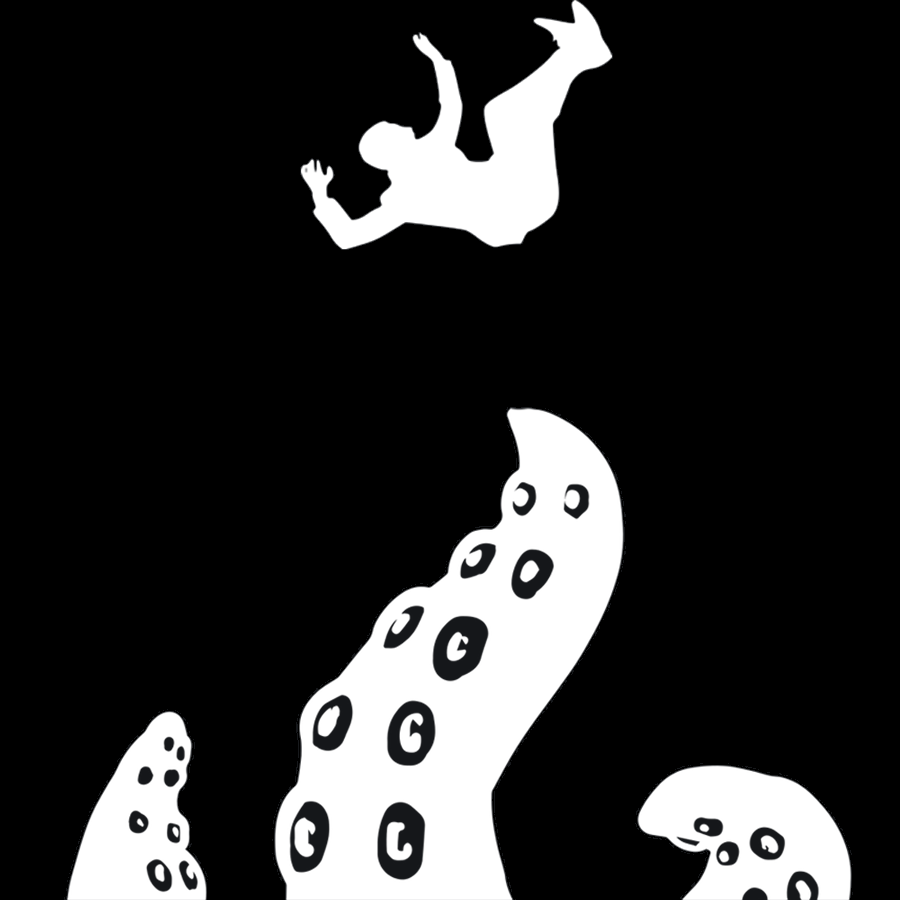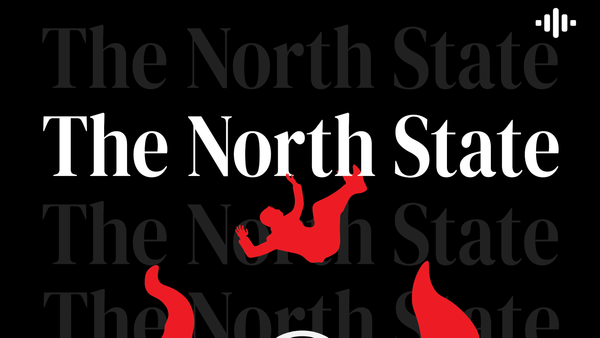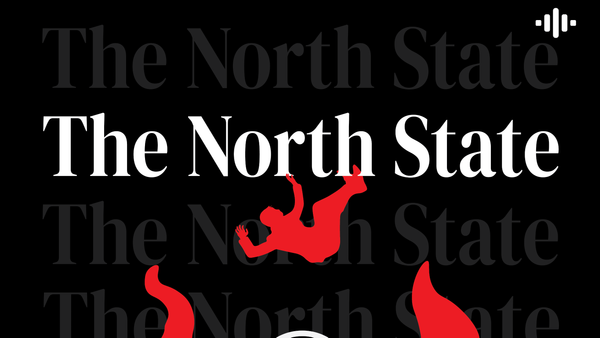Cuba's Medical Successes Destroy Any Argument for Privatization
Doug Ford is spearheading health care privatization in Canada with blatant lies

This is second in a two-part series analyzing Ontario Premier Doug Ford’s move to health care privatization and the news media’s relation to the policy. You can read the first part here.
Last week, The Catch dissected the fence-sitting aesthetic papering over news media’s support for health care privatization. Though it’s important to evaluate this response, what’s also crucially important is to analyze Ontario Premier Doug Ford’s comments negatively likening the province’s health care system to that of the Democratic People’s Republic of Korea (DPRK), commonly referred to as North Korea, and Cuba. Citing an unnamed hospital CEO during a press conference, Ford relayed that this mysterious source claimed “There’s only two places in the world that have the health care like we have, the same system… Cuba and North Korea.”
The National Post highlighted the quote in big letters to break up paragraphs in its report. Outlets like Global News, Press Progress and the Globe and Mail mentioned it with no scrutiny. CBC didn’t mention it at all.
As if an anonymous CEO’s opinion on quality health care has ever been a consideration in any approach to the matter, Ford words betray the utility of anticommunism. The implication that Ontario could ever be like “the crazies” in the DPRK, or the “authoritarian” Cuba is meant to shut down debate of how the health care operates.
To begin, the comparison to DPRK’s health system especially is clearly meant as a jingoist rhetorical device. The country is one of the most propagandized by the global north with outrageous claims like mandatory haircuts or citizens pushing trains due to lack of fuel. While these are preposterous and narratives pushed by opportunists, the attitude seeps into academic research on the subject. Studies have been conducted on the DPRK’s healthcare that only survey 383 defectors who left for the Republic of Korea (ROK), more commonly referred to as South Korea. The obvious bias not being accounted for in this reporting.
More rigorous attempts to parse out the DPRK’s health care shows that their medical system is far more beneficial to its residents than one would suspect. Though it would be an error to assume the latter study is clear of bias or 100 per cent sound, it’s much more informed than one that only surveys detractors about their experience. What we can safely assume is that the DPRK’s medical system is better than we expect, but the lack of access to the country curtails effective research into the subject.
The more interesting case study is attempting to negatively compare Ontario’s health care system to that of Cuba’s. Put simply, Cuba’s medical achievements are astonishing, impressive and a model for the entire world to strive towards. This isn’t a biased opinion, this is informed by the facts. Here are only some of the achievements Cuba’s medical system.
Cuba has 6.7 doctors and 8.2 nurses for every 1000 people, compared to 2.7 per 1000 in Canada and 2.8 per 1000 in the USA, where Americans now have a lower life expectancy. Cuba was the first country in the world to eliminate mother-to-child HIV and syphilis transmission. Cuba created a lung cancer vaccine and five different COVID vaccines. Their medical internationalism has been utilized to battle ebola, COVID, and many other medical issues in other nations.
In Helen Yaffe’s book “We Are Cuba! How a Revolutionary People Have Survived in a Post-Soviet World,” Chapter 5 is dedicated to Cuba’s “Biotech revolution.” Here’s the progress noted since the 1959 revolution into the 1980s.
By the 1980s, Cuba had the health profile of a highly developed country, having eliminated most infectious and poverty-related diseases, so that ailments such as cancer, diabetes and heart disease became priorities, on a par with the developed capitalist world. (p.127)
This, as Yaffe notes, took place only thirty years after Cuba had the second-highest rural infant and maternal mortality rate in Latin America.
There are issues, largely of medical supplies and technology, but this can directly be attributed to the decades long, illegal and unpopular embargo on Cuba by the USA. The question that arises from this is what would Cuba be able to achieve if the embargo was lifted?
The next question is: if our system is like Cuba’s, where are our achievements?
Since the facts are readily available, what becomes clear is that Ford truly means to convey that our system is terrifying, “bureaucratic,” “inefficient” and, of course, communist. But the use of the word goes far beyond that. In truth, Ford may believe what he’s saying. Why? Because Ontario’s health system, as it stands now, presents a way of living that doesn’t hand over every bit of its profit-producing capacity to the capitalists. This scenario is terrifying for CEOs and their leashed attack dog leading the province, but this tactic also informs our neoliberal news media’s priorities.
Not one major news organization has reported the state of Cuba’s medical system to combat Ford’s negative assertion. Further than that, as we’ve seen, some of our media felt it necessary to publish deceptively tepid support for health care privatization
The fact that capitalist news media buries the achievements of a socialist medical system is not surprising. But this highlights that anticommunism presents a foundational blindspot on improving our societal structures. In an informed society, any argument attempting to use Cuba as a negative comparison would rightfully be dismissed out of hand. Cuba’s medical system is nothing short of miraculous. To paint this as something to be feared is naked class interests on display. So why does this still persist?
The answer is as frustrating as it is audacious: anticommunism works. It works because decades of red scare messaging and positioning has ingrained itself in our conscious. When Ford shakes his head and claims that our health care system is like that of the enemy, the claim goes unquestioned. Our health care system is in a dire position, our enemies are bad. That’s all that needs to be said. Never mind that decades of cuts by both the Ontario Liberals and the Progressive Conservatives have hobbled our health care systems. Somehow, it’s the fault of a communist system. The truth is left unsaid in hopes that its omission reenforces the lie. It doesn’t. Instead, we should aim for our health care to be more like Cuba’s, no matter what narrative Ford and our news media pursues.





